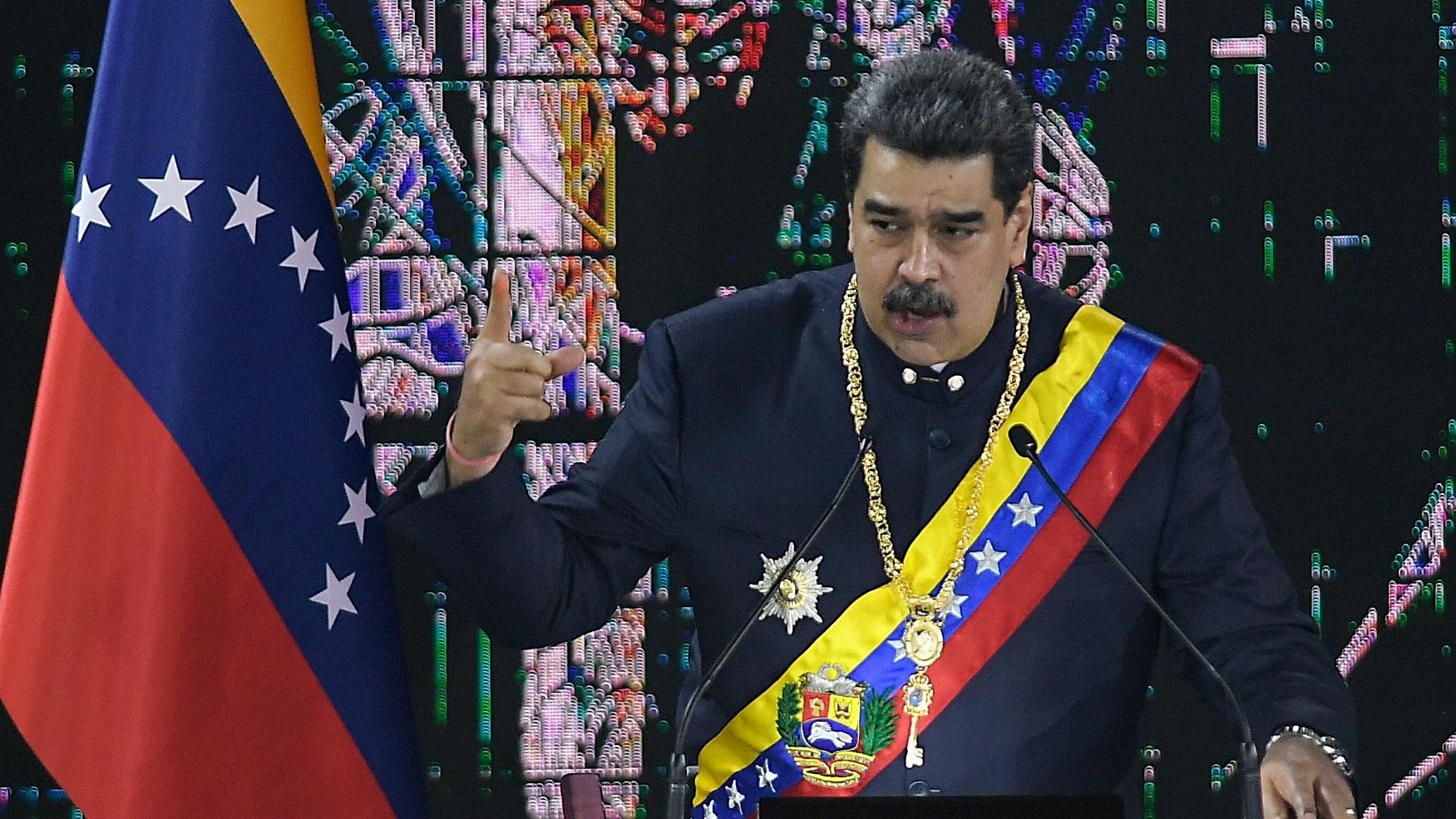Archetypes of autocracy: Part II
This analysis was featured in Critical State, a weekly foreign policy newsletter from Inkstick Media. Subscribe here.
Last week on Deep Dive, we looked at how leadership transitions within autocracies can shift the balance between managed hybrid autocracy and concentrated personalist rule. This week, we’ll talk about how the degree and style of repression by an autocrat can signal strength or weakness to internal security forces that may otherwise orchestrate a coup.
Related: Archetypes of autocracy: Part I
Autocrats often feel immovable until they aren’t. The forces that keep a single leader in play can, as we saw last week, be subject to a delicate balance of power by other elites. They can also, instead, be the result of a single leader using loyalists to successfully undermine and purge rivals. These strategies of court politics, which appear opaque to outsiders, shape the court of nations and governments. They can also influence the flow of information to a central autocrat, which must then act on internal information in the absence of external and public assessments.
In “Tenure through Tyranny? Repression, Dissent, and Leader Removal in Africa and Latin America, 1990–2006,” authors Christian Davenport, Babak Rezaee Daryakenari, Reed M. Wood argue that “incumbents are vulnerable to coup d’ état when government repression is perceived as weaker than would normally be expected for a given challenge. By contrast, removal via revolution becomes increasingly likely when repression dramatically exceeds the levels that would normally be warranted given the extant challenge.”
In other words, when an autocrat is focused on staying in power, they have to calibrate repression in a way that mitigates both a risk of popular overthrow and prevents being ousted by the coordinated action of other elites, most especially those responsible for the military and other state security forces.
Related: Undemocratic shifts for state control: Part I
For their research, Davenport et. al. looked at 69 African and Latin American states between 1990 and 2006. (Notably, a group that excludes any nations with nuclear arsenals). In their work, the authors found that harsh repression of public protest is a tactic used by autocrats to keep the support of military leaders, noting instances when militaries have gone out of their way to crack down on protest beyond what political leaders ordered. Conversely, when the repression is heavier than anticipated, it can motivate stronger showings by protesting masses, who interpret the repression as a sign that the regime is insecure and desperate to hold on to power.
Related: What does ‘legitimacy’ mean: Part I
“Consequently, leaders exist between a proverbial rock and a hard place: too much repression against dissent leads to ouster by the people; insufficient repression leads to removal by the military.”
“We argue and demonstrate that overresponding to dissent is useful for preventing coups but can backfire and produce moral outrage that leads to revolution,” Davenport et. al write. “Consequently, leaders exist between a proverbial rock and a hard place: too much repression against dissent leads to ouster by the people; insufficient repression leads to removal by the military.”
Related: What does ‘legitimacy’ mean: Part II
One limitation noted by the authors is that their work is limited to an era of only minimal internet penetration, and largely predates modern social media. The way protests and information about them can spread through social media can spur greater mobilization, unless those narratives too can be countered by the state apparatus. Firewalling in a population can further tip the hands in favor of repression, as it not only limits the reach of protestors and media outside state control, it also leaves organizers used to online communication scrambling to adopt pre-internet tactics.
Critical State is your weekly fix of foreign policy analysis from the staff at Inkstick Media. Subscribe here.
